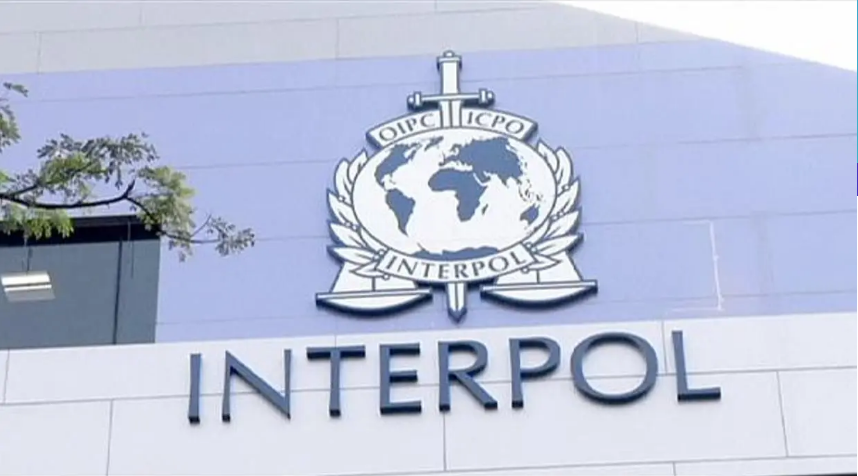Interpol said a total of 1,006 suspects have been arrested across several countries, A total of 24 Kenyans were arrested in an international joint operation for Sh1.1 billion online credit card fraud targeting Kenyan financial institutions, The funds were then promptly redistributed by the group via SWIFT to companies in the United Arab Emirates, Nigeria and China…
The operation by the International Criminal Police Organization (Interpol) and the African Union police body (Afripol) led to the arrest of the fraudsters where it was established that USD8.6 million was stolen through fraudulent scripts run after altering the banking system’s security protocol.
“In Kenya, officers cracked a case of online credit card fraud linked to losses of $8.6 million. The funds, stolen through fraudulent scripts run after altering the banking system’s security protocol, were promptly redistributed by the group via SWIFT to companies in the United Arab Emirates, Nigeria and China and subsequently, to digital asset institutions offering trading and financial services regulated in multiple jurisdictions. Nearly two dozen arrests have been made so far,” the Interpol said in a statement.
The France-based police organization and the Statute of the African Union Mechanism for Police Cooperation (Afripol) said the authorities across 19 African countries arrested a total of 1,006 suspects and dismantled 134,089 malicious infrastructures and networks, Afripol team has been in the country for the joint operation.
The operation, code named Serengeti, targeted criminals behind ransomware, business email compromise (BEC), digital extortion, and online scams—all identified as prominent threats in the 2024 Africa Cyber Threat Assessment Report, “More than 35,000 victims were identified during the operation, with cases linked to nearly $193 million in financial losses worldwide,” Interpol said.
The organisation added that information provided by participating countries of ongoing cases with Interpol fed into 65 Cyber Analytical Reports that were produced to ensure actions on the ground were intelligence-led and focused on the most significant actors, Private sector partners, including Internet Service Providers, also played a vital role by sharing intelligence, supporting analysis and disrupting criminal activities.




